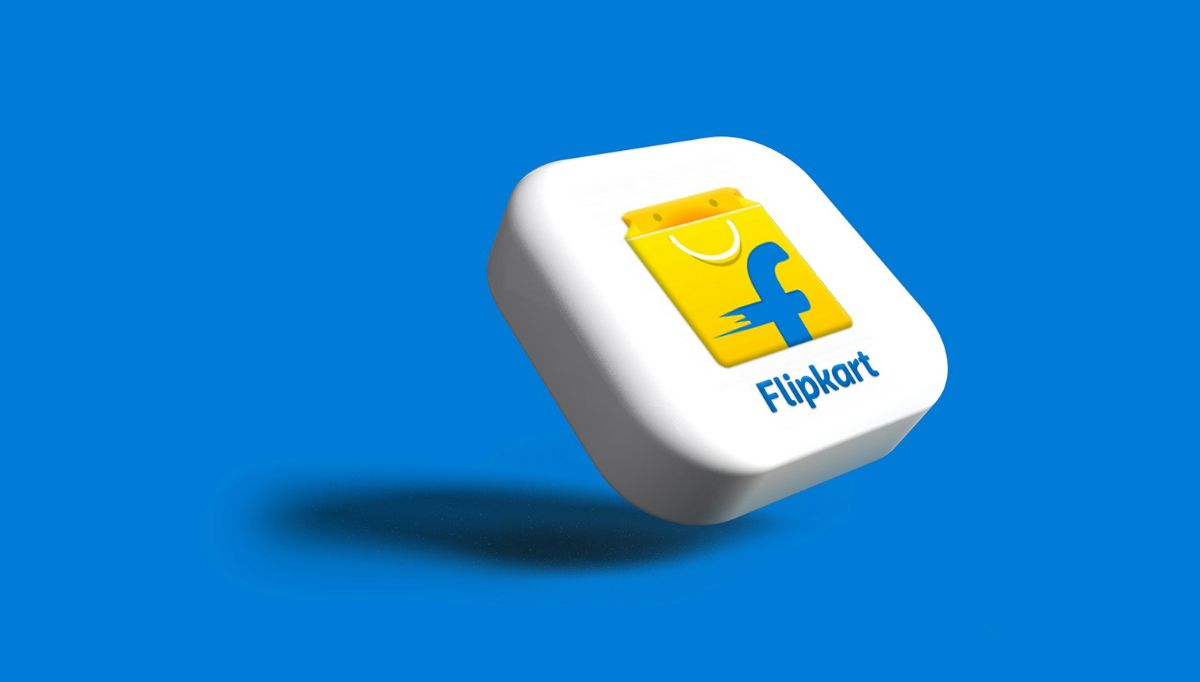In a strategic move that promises to reshape the online shopping experience, Flipkart, India’s homegrown e-commerce giant, has announced the launch of its own Unified Payments Interface (UPI) services. This groundbreaking initiative not only simplifies payments for its vast user base but also marks a significant step towards self-reliance in the digital payments sphere.
From the bustling streets of Bengaluru, Flipkart’s latest venture emerges as a beacon of innovation, allowing over 500 million registered users and 1.4 million sellers to set up personalized UPI handles. This feature, nestled within the Flipkart app, extends the convenience of UPI to a myriad of transactions – be it purchasing the latest gadget, settling utility bills, or even making payments at your local market with a simple scan-and-pay option.
The introduction of UPI services by Flipkart is a calculated move to reduce its reliance on third-party payment apps, which include giants like Google Pay, PhonePe, Paytm, and notably, its competitor Amazon through Amazon Pay. Flipkart’s partnership with Axis Bank for this endeavor, offering users the ‘@fkaxis’ handle, is a testament to its commitment to providing seamless and secure financial transactions.
Android users are the first to enjoy this new feature, with plans underway to expand these services further. Moreover, Flipkart’s collaboration with Axis Bank doesn’t end here. The duo has previously launched co-branded credit cards, and now, Axis Bank plays a pivotal role in bolstering Flipkart’s ambitions in the fintech domain.
The buzz around Flipkart’s fintech journey intensifies with rumors of a new platform, Super.Money, spearheaded by Prakash Sikaria. This platform aims to diversify Flipkart’s financial services, venturing into lending, insurance, and beyond, with an anticipated investment of $20 million from Flipkart.
This development comes on the heels of a significant funding milestone for Flipkart, which saw a $600 million investment from its parent company, Walmart, in December. With expectations to raise a total of $1 billion, Flipkart’s valuation soars to $32.55 billion, underscoring its formidable presence in the global e-commerce landscape.
Flipkart’s foray into UPI services isn’t just about enhancing payment options; it’s a narrative of self-sufficiency and pioneering change. As digital payments become the backbone of India’s economic transactions, Flipkart’s move could very well be the catalyst for a broader fintech revolution, echoing the endeavors of foodtech giant Zomato, which also joined hands with ICICI Bank to launch its UPI services last year.
















